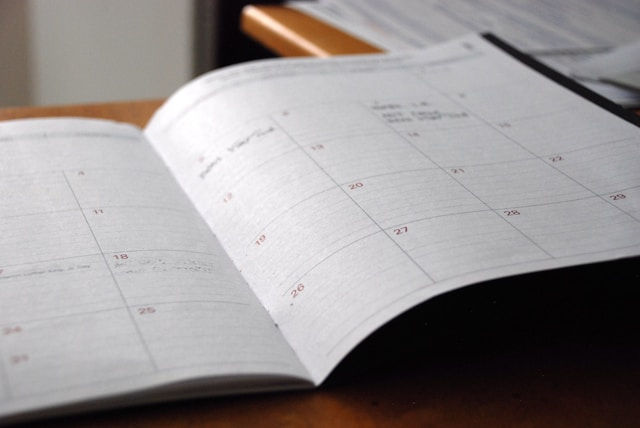The Psychology of Routine: Why Creating Structure for Children Drives Success
- Dr. Robyn Bone, PhD, LPC

- Aug 18, 2025
- 3 min read

Imagine it’s a Monday morning, the hot Texas sun is shining bright, and you’re walking into work with your morning coffee ready to tackle the day.
Suddenly, your boss comes up to you. She starts listing a thousand and one tasks that you didn’t know you needed to do and on top of that you have a meeting in ten minutes that you weren’t aware of.
This would most likely make your morning feel chaotic and make you feel frustrated. Your boss could have easily kept you in the loop by throwing the meeting in your calendar or sending the tasks in an email ahead of time.
However, the difference between you and a child when it comes to unexpected tasks is that you’ve learned how to manage frustration and your child hasn’t yet. What feels like a small inconvenience to you can feel overwhelming and distressing to them.
Children aren’t born with time management abilities or emotional regulation skills. These things are learned over time, and one of the most effective ways to support that learning is through the utilization of consistent routines.
While children can be incredibly resilient, they shouldn’t have to rely on that resilience just to make it through everyday life. Routines can’t shield them from every curveball, but they can provide a stable foundation that builds emotional strength and confidence in the face of the unknown.
So let’s take a closer look at the many ways routine can support your child’s development and set them up for success.
Why Routine Matters in Childhood
Consistent routines offer a sense of structure that helps children feel emotionally grounded and secure. When a child has a general idea of what’s coming next, they’re better equipped to prepare themselves not just mentally, but emotionally as well. According to attachment theory, over time, this predictability from routine builds trust in their environment, in their caregivers, and in themselves leading to healthy secure attachments.
Predictability can also keep stress levels low in children. Chaos and stress in a child’s life from unpredictable routines can lead to a reduction in neural connections. This essentially means the brain regions associated with learning can decrease in size because of stress which can hinder their success in multiple areas.
Routines can also lay the foundation for your child to develop a sense of independence and executive functioning skills like emotional control, planning, organization, and task initiation. For example, knowing that bedtime always follows a bath and a story helps a child wind down more easily, reducing resistance and emotional outbursts. Over time, they begin to anticipate the steps on their own and perhaps even initiate the routine without prompting.

How Routine Supports Success
Sleep and Health: The most obvious way that routine helps support success is through sleep and health benefits. A child’s circadian rhythm is regulated because their body knows when bed time is, when they get up, and when they normally eat. This leads to more consistent sleep, greater recovery, and higher emotional regulation.
Academic Success: Routines in the classroom can also benefit academic success by strengthening neural connections through repeated practice. Essentially this means by automating predictable tasks (e.g., entering the classroom, transitioning to activities, etc.), routines reduce the cognitive load on working memory, allowing children to stay focused on academic tasks. As they mature, children who’ve been guided by routine are often better equipped to balance school, extracurricular activities, and relationships.
Future Success: Lastly, children who grow up with consistent structure are more likely to develop essential life skills that set them up for long-term success. Regular routines help strengthen attention span, time awareness, and goal-directed behaviors. Over time, these skills translate into better academic performance, stronger work ethic, and the ability to manage responsibilities independently.

Practical Tips for Creating Routine
If you’re feeling like your household is lacking consistent routines here are a few ideas to create more structure:
Start with the basics by creating routines around mornings, mealtimes, and bedtimes.
Allow your children to have input in how routines should look.
Be consistent but flexible. You may have to readjust routines if one doesn’t suit your family.
Use visuals like charts and calendars.
Adjust routines during transitions like holidays or going back to school and talk to each other about the changes in routines before they happen.
Be patient, your child won’t adjust right away.
Routines are not about perfection, they’re about creating a safe and supportive environment for growth. They reduce last minute decision making which can lead to a greater sense of peace and stability in your household, along with ample benefits now and in the future for your children.
Even small changes towards consistency can make a big difference in your child’s development. They may resist at first, but as time goes on your family will adjust to a more structured lifestyle and you’ll reap the benefits in time.
_edited.png)



Comments